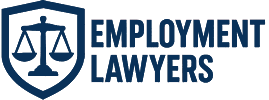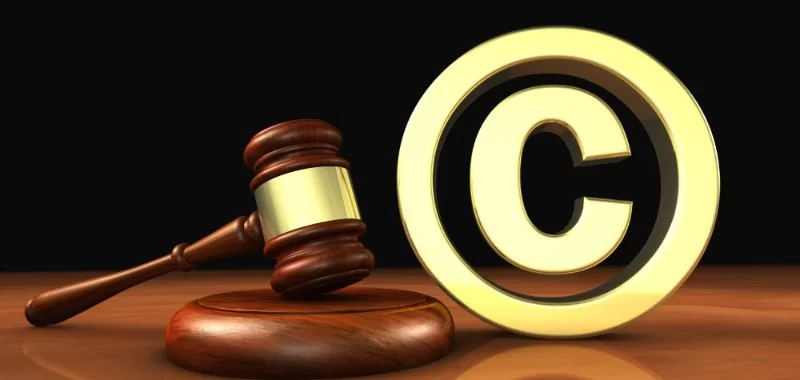- what-is-copyright-law - What Is U.S. Copyright Law and Who Does It Protect?
- rights-of-creators - What Rights Do Creators Have Under Copyright Law?
- how-to-register-copyright - How to Register Copyright and Why It Matters
- what-qualifies-for-protection - What Types of Works Are Protected Under Copyright?
- understanding-fair-use - Understanding Fair Use: What’s Legal and What’s Not?
- real-world-copyright-cases - Real-World Copyright Disputes Every Creator Should Know
- what-to-do-if-your-work-is-stolen - What to Do If Someone Infringes on Your Copyright
- where-to-get-legal-help - Where to Get Legal Help for Copyright Protection
1. What Is U.S. Copyright Law and Who Does It Protect?
Copyright law in the United States exists to protect original works of authorship—books, art, songs, videos, software, and more. It automatically grants creators exclusive rights the moment a qualifying work is created in a tangible form. Whether you're a painter in Austin, a podcaster in Brooklyn, or a coder in Silicon Valley, your work is covered.
Unlike trademarks or patents, no formal filing is needed to establish copyright. But as you’ll see below, registration still plays a major role when disputes arise.
2. What Rights Do Creators Have Under Copyright Law?
2.1 Reproduction and Distribution Rights
Only the copyright holder has the legal right to reproduce, distribute, sell, or license their work. Unauthorized copying, even if not sold, can still count as infringement.
2.2 Public Display and Derivative Works
Creators also control the right to publicly display their work or create derivative versions—think a film adapted from a novel, or a remix of a song. This is especially important in digital spaces where content spreads rapidly.
3. How to Register Copyright and Why It Matters
Although copyright protection is automatic, registration with the U.S. Copyright Office offers key advantages:
- Eligibility to file a federal lawsuit
- Access to statutory damages (up to $150,000 per work in willful cases)
- A public record of ownership
To register, creators can submit an online application, a filing fee, and a copy of the work. It’s a relatively simple process but crucial if legal action becomes necessary.
4. What Types of Works Are Protected Under Copyright?
U.S. copyright law protects a broad range of original works, including but not limited to:
- Written works (novels, blog posts, screenplays)
- Visual art (paintings, illustrations, photography)
- Audio/visual content (films, podcasts, video games)
- Musical compositions and recordings
- Computer software and code
Ideas, facts, and short phrases (like slogans) are not protected—those may fall under trademark or patent law instead.
5. Understanding Fair Use: What’s Legal and What’s Not?
5.1 The Four Factors of Fair Use
Fair use allows limited use of copyrighted content without permission, but only under certain conditions. Courts consider:
- The purpose and character of the use (e.g., educational or commercial)
- The nature of the copyrighted work
- The amount and substantiality of the portion used
- The effect on the market for the original
Simply crediting the source doesn’t automatically make use “fair.” Each situation is judged individually, often in court.
6. Real-World Copyright Disputes Every Creator Should Know
One famous case involved artist Richard Prince, who used Instagram screenshots in his gallery exhibits. The original photographers sued, arguing copyright infringement. Prince claimed it was transformative and thus fair use—a defense still debated.
Another involved YouTuber Lindsay Ellis, who used clips from Disney films in her video essays. Despite educational intent, Disney filed takedown notices under the DMCA. The case highlighted how gray and risky fair use can be in online content creation.
7. What to Do If Someone Infringes on Your Copyright
7.1 Document the Infringement
Take screenshots, URLs, and timestamps of unauthorized uses. This documentation is crucial if you decide to pursue legal action.
7.2 File a DMCA Takedown Notice
If your content is used without permission online, you can file a DMCA notice with the hosting platform. Most websites, including YouTube and Instagram, have specific portals for this process.
7.3 Seek Legal Counsel
When infringement involves lost income, repeat offenders, or large-scale copying, you’ll want legal help. That’s where copyright attorneys become essential allies.
8. Where to Get Legal Help for Copyright Protection
Whether you're defending your work or registering new creations, legal guidance ensures you don’t miss crucial protections. At Central Texas Employment Lawyers, we offer strategic legal support tailored to creators, freelancers, and entrepreneurs. From copyright filings to enforcement, our experienced team can help secure the rights your work deserves.
Understanding U.S. copyright law is more than legal trivia—it’s the foundation for creative freedom and protection in a digital age. If you’re a creator, now’s the time to take ownership—literally and legally.




